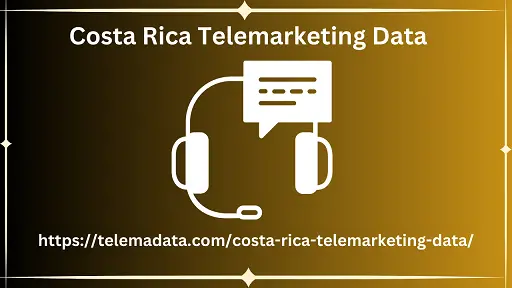Post by account_disabled on Feb 11, 2024 23:01:29 GMT -8
What is Malware? Malware is short for malicious software. It is a general term for viruses, worms, trojans and other types of malicious computer programs used to sabotage the protection layer, thereby gaining access. access important information. According to Microsoft, “ what is malware, is a general term for all software designed to negatively affect computers, servers or computer networks. ”Conceptually, viruses and malware are no different, but in essence, a virus is a type of malware, so all viruses are malware. On the contrary, malware is not necessarily a virus. 1.2 Signs of malware Your computer system can completely be infected with malware, because you cannot promptly prevent it when you cannot recognize that your computer is being attacked by malware. So how to recognize the signs of malware? We will have many tools to detect malicious malware. Most malware chooses to use the network to spread or send information back to the control center. That's when network traffic contains signs of malware infection that you must be careful with. Timely prevent Malware software to protect your data system Currently, network monitoring tools are increasingly developing, typically SIEM, a tool developed from log management programs. The SIEM will begin analyzing logs from various computers and devices across the infrastructure to look for signs of malware.
SIEM is provided by many large companies in the field of Information Technology, such as IBM or HP Enterprise. Types of Malware To learn more about what a malware attack is, let's learn about the common types of malware today. Malware is divided into many types, some of which include viruses, trojans and worms, which typically describe three Costa Rica Telemarketing Data different ways of malware infection: Worm: is an independent malware software, the worm will self-replicate and spread from one computer to another. Virus: is a piece of computer code, the virus will insert itself into the code of another independent program. The virus will then control the program to perform malicious actions and spread itself. Trojan: is a program that, although unable to reproduce, can disguise itself as the target the user wants. From there, trick them into activating it so the trojan can spread. Viruses, trojans and worms can contain Logic bombs, one of the necessary elements in their attack strategy.

Besides, malware can also be installed on the computer, thereby gaining access to the computer, or gaining access from remote administrators. Can malware avoid anti-virus protection software? 3.1 Anti-virus protection software Once you have an active antivirus or security suite on your device, it's there monitoring your system with real-time protection (as well as providing on-demand scans). necessary). Being a real-time malware shield is key, monitoring any processes started on your PC and new files introduced, looking for anything suspicious. Antivirus software works continuously to detect known malware, block it, and respond to any threat as it is found. Because what malware is, is new software that would not have been in the virus definition before it was discovered and identified.
SIEM is provided by many large companies in the field of Information Technology, such as IBM or HP Enterprise. Types of Malware To learn more about what a malware attack is, let's learn about the common types of malware today. Malware is divided into many types, some of which include viruses, trojans and worms, which typically describe three Costa Rica Telemarketing Data different ways of malware infection: Worm: is an independent malware software, the worm will self-replicate and spread from one computer to another. Virus: is a piece of computer code, the virus will insert itself into the code of another independent program. The virus will then control the program to perform malicious actions and spread itself. Trojan: is a program that, although unable to reproduce, can disguise itself as the target the user wants. From there, trick them into activating it so the trojan can spread. Viruses, trojans and worms can contain Logic bombs, one of the necessary elements in their attack strategy.

Besides, malware can also be installed on the computer, thereby gaining access to the computer, or gaining access from remote administrators. Can malware avoid anti-virus protection software? 3.1 Anti-virus protection software Once you have an active antivirus or security suite on your device, it's there monitoring your system with real-time protection (as well as providing on-demand scans). necessary). Being a real-time malware shield is key, monitoring any processes started on your PC and new files introduced, looking for anything suspicious. Antivirus software works continuously to detect known malware, block it, and respond to any threat as it is found. Because what malware is, is new software that would not have been in the virus definition before it was discovered and identified.




 I finally made it!
I finally made it!